Everything about the plebiscite vote is a scam
Lawyers and political scientists give their insight: Everything that is happening with this vote is illegal. Contrary to his own promises, Vladimir Putin is rewriting the constitution, only for himself, in order to ensure another 16 years of rule.
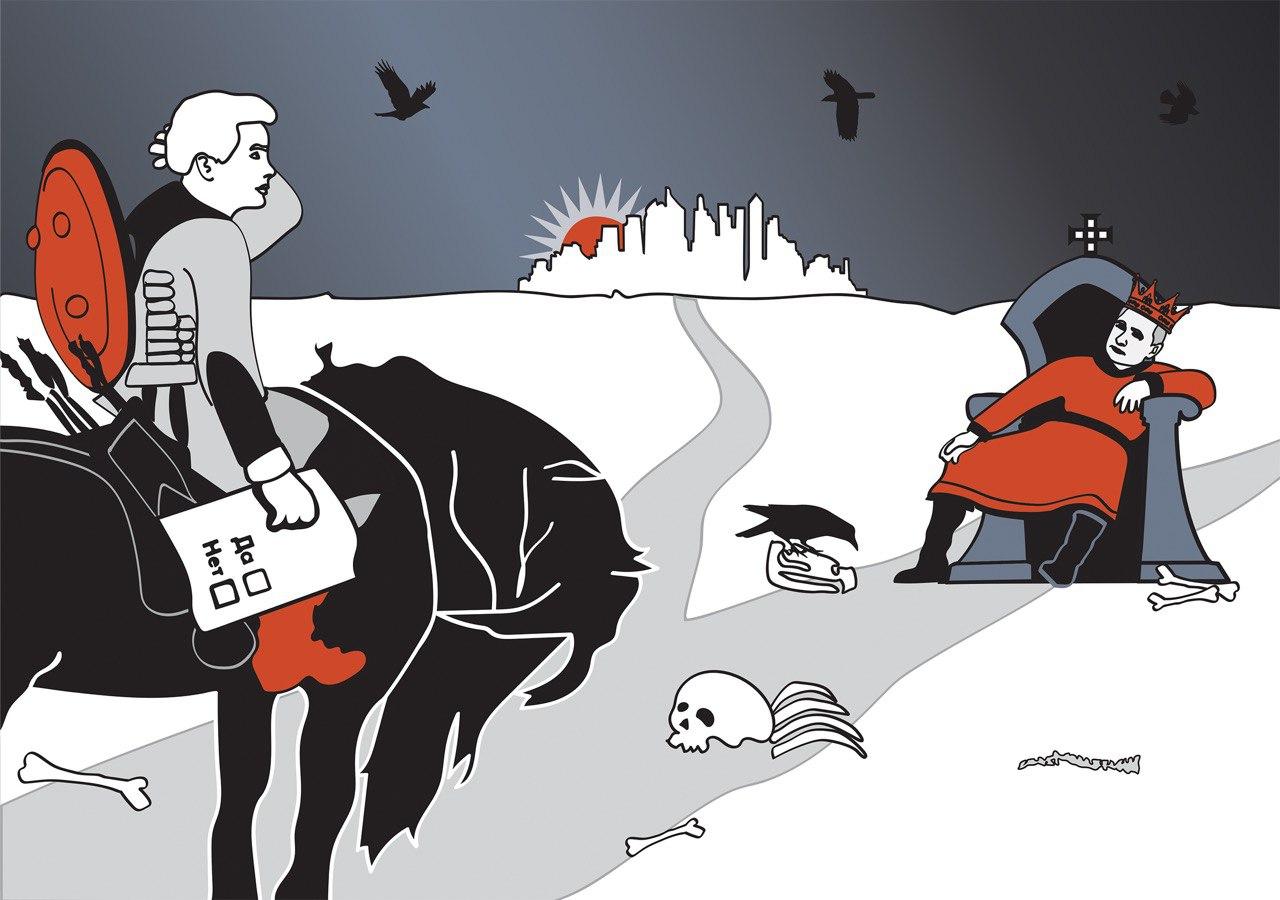
The amendments – a step towards dictatorship
The three main problems with Putin’s amendments to the constitution:
Presents the President of Russia with almost unlimited powers =
Now he will decide everything not only according to concepts, but also according to the constitution. He will head the executive branch, hold judiciary power in place. And even if Parliament desires to pass a law, it will be unable to if Putin disapproves.
It will allow Putin to stay in office until 2036 =
And with his new powers, no one inside that inner circle will be able to control him.
It destroys the foundation of the Constitution =
These amendments will affect the foundations of the constitutional system. These include the separation of powers, the basic rights of citizens, and the obligations of the state towards its citizens. Rights will become non-existent, as well as state obligations. The chances of going to jail for statements that the regime doesn’t like will increase.
“The citizens of Russia have been invited to approve of a vast number of amendments, that will not improve, but on the contrary, worsen their day-to-day lives.”
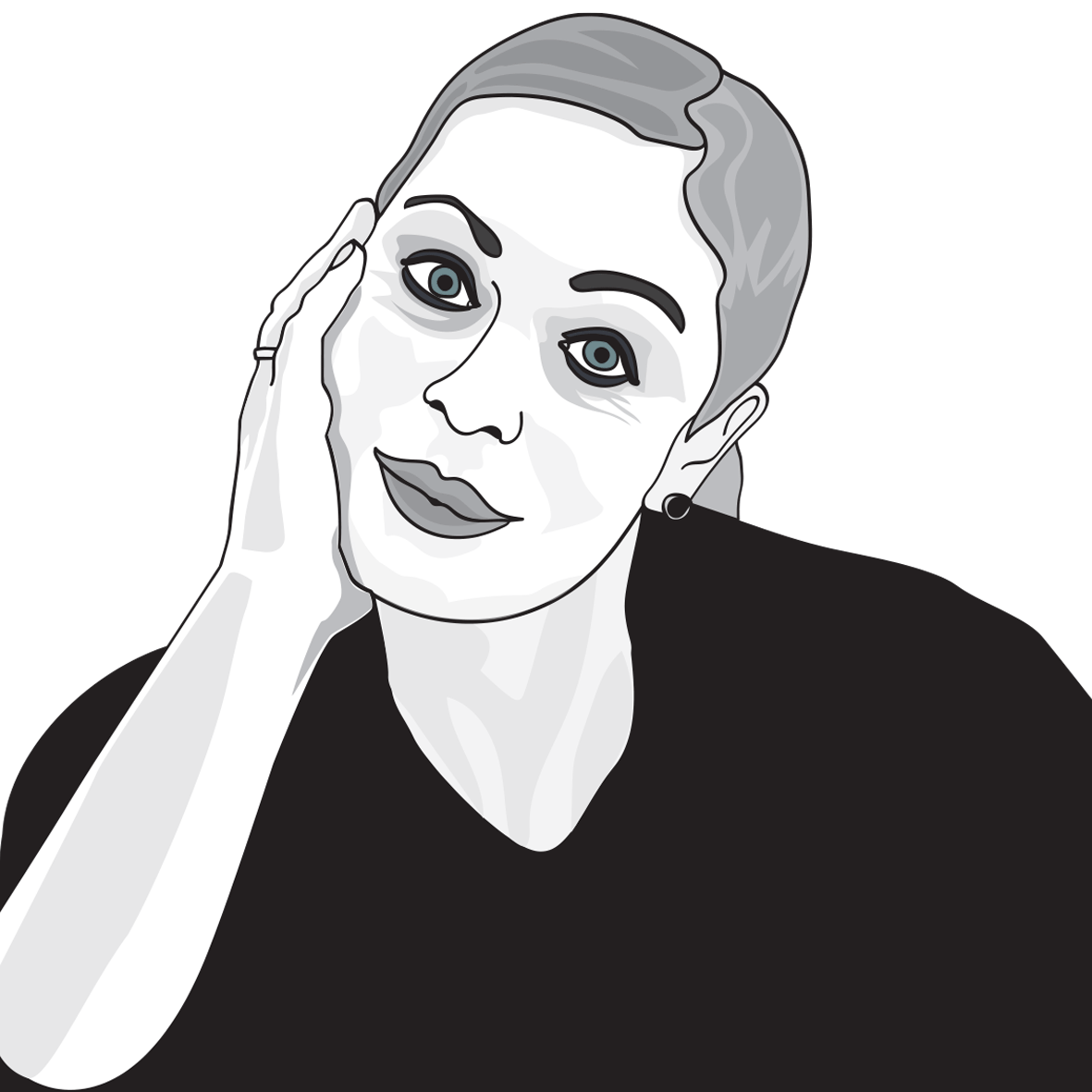
The amendments have not only helped to further strengthen the power of the President – they have changed the constitutional design and the original form of government. A semi-presidential republic, in which the President is not the head of the executive branch, has acquired the features of a presidential republic, while the possibility of dissolution by the President of the State Duma remains. As a result, instead of the announcement in the message of “ensuring a greater balance between the branches of power,” the initial imbalance between the presidential power and other branches of government will become even stronger.
If the amendments enter into force, we will have a state in which:
– The President can push through his candidacy for the Government by manipulating the right to dissolve the lower house of parliament.
– Parliament will be virtually deprived of the opportunity to overcome the veto of the President.
– The President will be able to enforce dubious laws, having received confirmation of their constitutionality from the actually manual Constitutional Court. Citizens and other applicants will be denied the opportunity to challenge the constitutionality of these laws in the future.
– Possessing tremendous powers as head of state, the President will also exercise overall leadership of the government. He will single-handedly appoint a number of key ministers, including security officials, after formal consultations with the Federation Council, and dismiss them at his discretion.
– The President will have the opportunity to virtually single-handedly decide on the appointment and dismissal of the leadership of the General Prosecutor’s Office, the Constitutional and Supreme Courts of the Russian Federation, chairmen, deputy chairmen and judges of the cassation and appeal courts.
– It will become much more difficult for citizens to protect their constitutional rights and freedoms in the Constitutional Court.
– Being included in a single system of public authority, local government will lose its meaning and purpose.
– Regarding social guarantees for citizens, nothing will change, but a new constitutional obligation for adult children to take care of their parents will appear. And this is not concern just for people, this is a redistribution of responsibility. Thus, the state resigns part of the responsibility for its elderly citizens and places it on the shoulders of children.
– Other branches of government are virtually deprived of the opportunity to influence the President. The State Duma may charge the president with high treason or other serious crime, which must be confirmed by (1) the conclusion of the Supreme Court of the Russian Federation on the presence of signs of crime in the President’s actions and (2) the conclusion of the Constitutional Court of the Russian Federation on compliance with the established procedure for bringing charges. The chances of such a charge are almost next to zero. First, the decision of the Duma to bring charges should be made by two-thirds of the votes of the total number of deputies of the Duma. In the history of Russia there have been three attempts of impeachment (two in 1993 under the previous Constitution of the RSFSR in 1978 and one in 1999), and the required number of votes has never been collected. Secondly, taking into account the President’s new authority to initiate the termination of powers of judges of the Supreme and Constitutional Courts, as well as chairmen and their deputies, judges of the Supreme Court and the Constitutional Court of the Russian Federation will think ten times before giving such conclusions – they can pay for this with their posts.
The vote is a scam
The All-Russian vote on the approval of the amendments is waffle. The only meaning is to give people a sense of ownership and to legitimize the process in their eyes.
In its significance and role, this vote is more like a large rally, where people rush with bright posters for all the good and against all the bad. The authorities declare their desire to protect what is dear to people: the memory of their ancestors, the Russian language, natural wealth and family values. But the difference between the slogans of propaganda posters and reality is easy to see – just compare what the government really does with its promises.
“Citizens do not have the opportunity to express their attitude to the content of the amendments. This is just an absolute disdain for the authorities to express the will of the electorate. ”

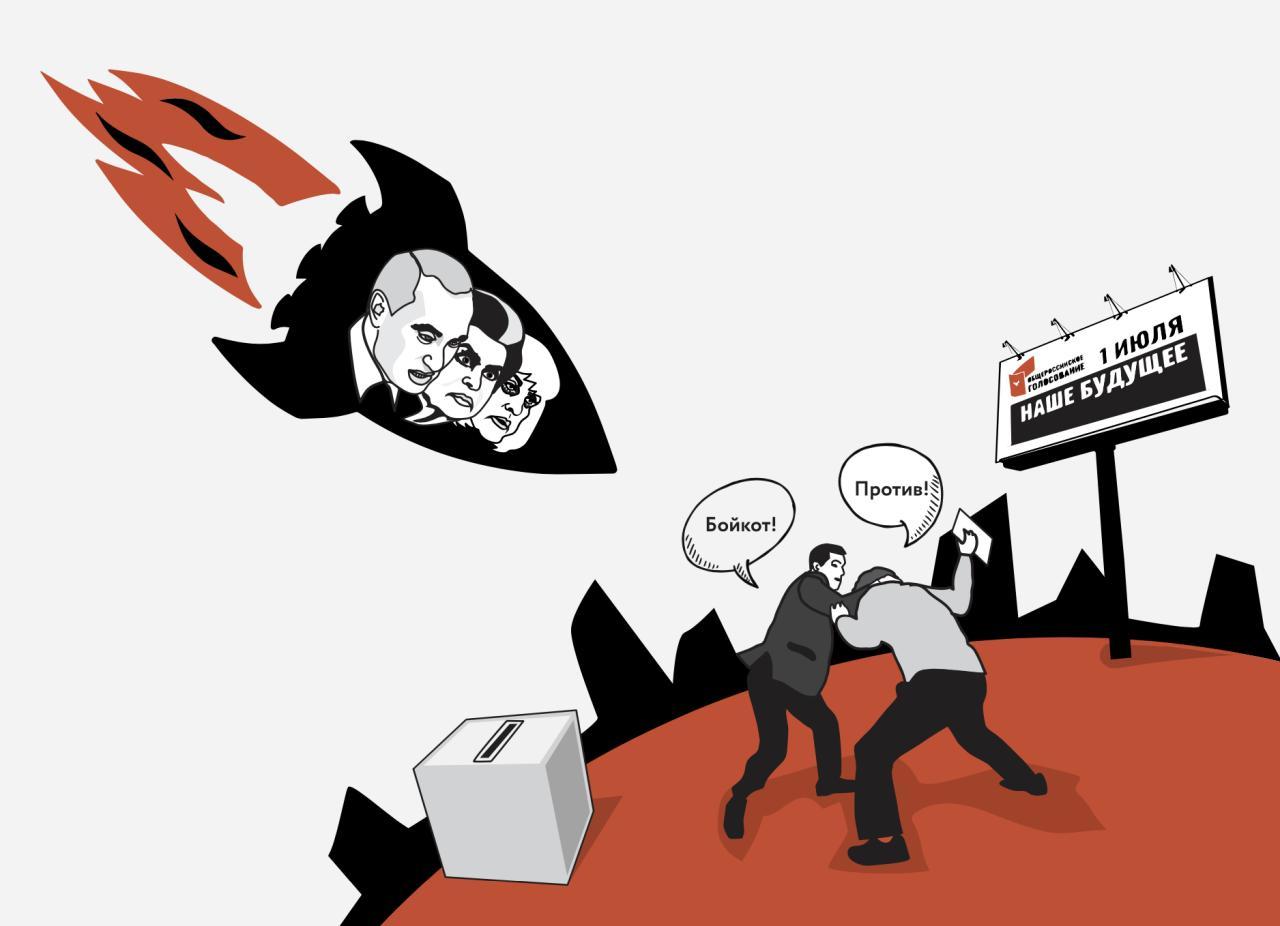
On February 14, 2020, President Putin issued Order No. 32-RP, in which he instructed state authorities, local authorities, other state bodies and organizations to prepare to hold “an all-Russian vote on the approval of amendments to the Constitution.”
Until that day, none of the lawyers had heard of the term “all-Russian voting”, and it was not mentioned in any regulatory act. And the Constitutional Court in its conclusion of March 16 wrote that the all-Russian vote is of a “special legal nature” and recognized that it was invented specifically to legitimize the constitutional amendment. The fact that the wording “the all-Russian vote on approval of amendments to the Constitution” obviously guided the voter in advance clearly guides the voter how exactly he should vote – only “for”.
The term “all-Russian” is also very important: authoritarian regimes like mass actions to approve and support the actions of the authorities. In his Address of January 15, the President said that “Everything is ultimately decided by people today and in the future, both in choosing the country’s development strategy and in everyday life issues in every region, city, and village. We can build a strong, prosperous, modern Russia only on the basis of unconditional respect for the opinions of people, for the opinions of the people. ”
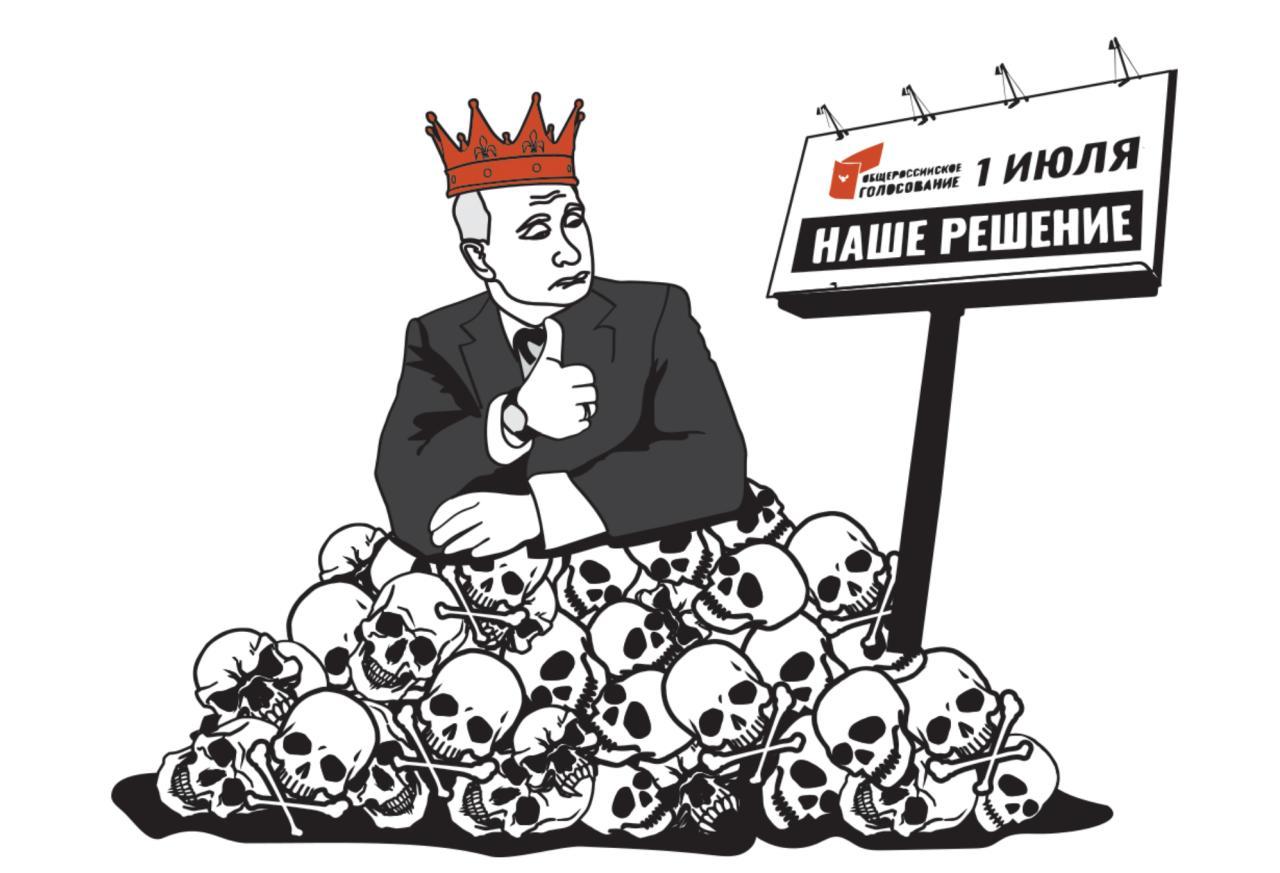
In this case, the opinion of the people is a sham that conceals the use of the “all-Russian vote” invented specifically to approve amendments to the Constitution. The purpose of these props is like a smokescreen; like blowing colorful smoke at a rock concert – so that it looks good and at the same time it is not very clear what is actually going on.
“All-Russian voting” in this case is the equivalent of a referendum, simply called differently. Experts in comparative constitutional law note that reactionary regimes often resort to referenda, since it is a set of methods and methods of conducting a referendum, the formulation of the subject of a referendum that allows manipulating public opinion, while respecting external democracy. But holding a vote on constitutional amendments, in which citizens are asked to answer a single question, is an imitation of democracy. A referendum is only reasonable when the answer is clear and the subject is clear to understanding.
The question arose before the authorities, how in a situation of a falling rating and the ongoing epidemic, to avoid accusations that the authorities do not value the health of citizens, and at the same time ensure at least some decent and at least slightly reliable appearance.
The obvious answer is an attempt to come up with a procedure designed, on the one hand, to simplify the wrapping up of results as much as possible and reduce control over voting and counting, and, on the other hand, to reject accusations that the government risks the health of citizens, including members of election commissions themselves.
This gives rise to a set of decisions on electoral procedures: on weekly voting, non-admission of independent observers, refusal to publish detailed counting results, unlimited home-based voting, street sections. The description of individual procedures does not look comical, but even surreal. For example, voting at home. A member of the commission in a protective suit disinfects the door handle, a bell, puts a ballot box close to the door, hangs on the door handle a packet in which a ballot paper, a passport with passport details where the voter must sign, a mask, gloves, an antiseptic napkin and an explanatory booklet. After ringing the door, the commission members move away to a distance, a citizen, without crossing the threshold of the apartment, shows a passport from afar, picks up a bag in the apartment where he must open the bag, put on a mask, gloves, treat the hands with a disinfectant, then vote, sign the statement without taking off the mask and gloves, open the door, put the ballot in the ballot box, and the statement in the side pocket on the ballot box. This is the procedure publicly described by Ella Pamfilova.
“All-Russian voting” in this case is the equivalent of a referendum, simply called differently. Experts in comparative constitutional law note that reactionary regimes often resort to referenda, since it is a set of methods and methods of conducting a referendum, the formulation of the subject of a referendum that allows manipulating public opinion, while respecting external democracy. But holding a vote on constitutional amendments, in which citizens are asked to answer a single question, is an imitation of democracy. A referendum is only reasonable when the answer is clear and the subject is clear to understanding.
Obviously, such a vote – virtually without verification of documents, without the presence of independent observers does not fit into any electoral standards and cannot be recognized as legitimate by definition. But it seems that the organizers of the procedure are not up to legitimacy, it is important for them to quickly get tired, and the reputation of the results does not bother them. The executing organizers themselves do not have a reputation at all – they simply master budgets.
This procedure obviously contradicts the international election standards contained in the international legal acts signed and ratified by the Russian Federation (starting from the Universal Declaration of Human Rights and ending with treaties and conventions adopted within the framework of the OSCE and the CIS). The Voice movement noted in its report that the all-Russian vote on amendments by the Constitutional Court of Russia on March 16, 2020 as a form of direct popular expression of will is not really something unique – it is just one of the acts of direct democracy, which is recognized in international law referendum.
This means that the principle of ensuring the equal rights of supporters and opponents of the adoption of amendments must apply. For this, a distinction must be made between information and campaigning, the creation of clear rules and restrictions for the conduct and financing of the campaign, which is not foreseen for this vote. Opponents of the amendments, according to the adopted rules, are deprived of the opportunity to conduct legal campaigning, to produce and distribute campaign products.
International standards also play a significant role in the electoral monitoring carried out by national and international observers. This control should extend not only to the day of voting (including the counting of votes), but include the entire campaign; give observers the opportunity to visit any places and premises where operations related to voting take place. However, in this vote, in fact, there will be no independent observers at all, only public chambers appointed by the government will be able to send them. That is, the power will control itself.
The voting date
Previously, the best voting date was considered June 12 or 24, since elections were almost never held in Russia in July-August due to fears of a low turnout. Many citizens, even in conditions of limited mobility, will leave the city, and drawing a high turnout in July is too implausible, and this will clearly cause a lot of allegations of falsification.
It is dangerous to hold a non-referendum together with regional elections in early September, since there are completely different procedures and control possibilities (for example, other rules for early voting, the presence of observers from parties and candidates). This means reducing the possibility of cheating: falsification will be harder and more dangerous.
The postponement to an even later date is dangerous both because of the risk of even greater growth of protest moods, and because of the final devaluation of the vote itself, since it would be logical for citizens to question whether they need a vote at all, about which they were not reminded of six months (“if it so necessary, why was it not needed all the previous months? ”).
Voting in the regions
No matter how artificial the voting procedure is, scandals always interfere, so the authorities rely on regions that can vote not only correctly, but also quietly.
“The organizers of the procedure are not bothered about legitimacy. It’s important for them to quickly get tired, and they don’t care about their reputation, they simply master budgets.”
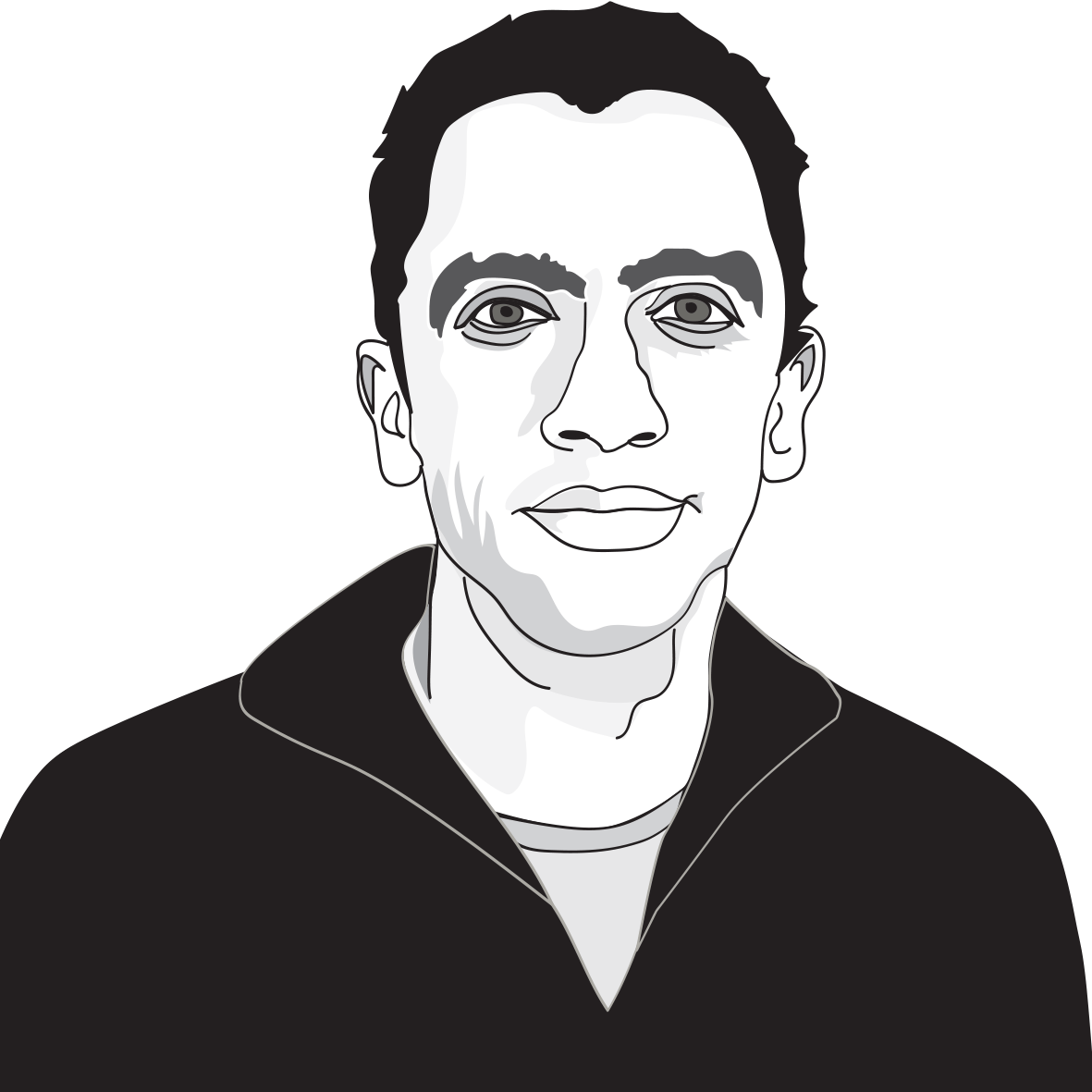
Most likely, the announced plan of 55% turnout at 60% for approval of the Constitution can be realized only by maximum turnout in the so-called “Abnormal” regions, that is, regions of traditional falsifications, where as a result both the turnout and the result for candidates of power are extremely overstated.
In total, there are about 110 million voters in 89 regions of the Russian Federation. Regions with a total number of about 31 million voters can be considered abnormal – with a traditionally high level of falsification of both turnout and expression of will – this is 28.3% of the country’s voters.
A turnout of 55% in the country is approximately 60.5 million voters. 60% of the vote in support of the amendments is approximately 36.3 million. A hypothetical turnout in the anomalous zone of 80% with 80% of the vote for amendments will give a turnout of 24.8 million voters and 19.8 million votes for the amendments. With an average turnout in this zone of 90%, this is 28 million turnouts and 25 million for amendments. Thus, in all other regions, out of 79 million, turnout is needed from 32.5 to 35.7 million, that is, from 41% to 45%. Moreover, within many regions there are “internal anomalous” zones – with relatively normal voting in the capital of the region, as a rule, fraud occurs on the intra-regional periphery. And these 41–45% can also be provided primarily due to the intraregional periphery, which is usually done. If the goal is not to get a turnout above 55% in the country, this means that a high turnout in large cities is not just unnecessary, but also undesirable. Do not forget that it is the cities where the protest moods and independent public structures are already strongest that have suffered the most from the methods chosen by the authorities to combat the coronavirus epidemic. It is in them that the highest share of the service economy, small and medium-sized businesses.
In the context of a clear increase in protest moods, the authorities are returning to the tactics of elections in Russia after 2012: it’s more profitable due to maximizing the influence of abnormal regions with a deliberate decrease in the turnout of independent voters in other regions. And the authorities are able to bring down the turnaround in different ways: from the disruption of electoral mobilization campaigns and obviously dirty campaign technologies, which disgust the elections, to consciously attracting informational attention to the campaigns of the boycott supporters.
Simply put, the lower the turnout in Moscow, St. Petersburg, Yekaterinburg and other places with independent voters and electoral control, the better the overall results for the government will be.
Even with such an inadequate voting procedure, the level of electoral distortions is still different and has significant limitations: in many election commissions there are representatives of the opposition and just independent citizens, random witnesses. The risks of data fraud leaks are amplified by protest moods (members of the commissions are the same citizens who fear for their health and are dissatisfied with the actions of the authorities). It is possible that some governors are not very interested in helping the federal center. Anomalies will inevitably come out during the mathematical analysis of the voting results.
However, the delegitimization of voting by a scandalous procedure is more preferable for the authorities than losing by a non-referendum. However, even if against this background it is not possible to achieve the desired result, it will be just a political catastrophe for the Kremlin.
Amendment process is a coup
For the Russian constitutional law in general and for constitutional justice in particular, the experienced history of the 2020 amendments is undoubtedly a serious humiliation. The current head of the Russian state has once again and most radically adapted the basic law for himself. But this is not enough. He also posed a practically insoluble task for the Constitutional Court. To justify, that is, in this case, to recognize compliance with all constitutional principles, firstly, the president’s refusal from the most important (and last) restriction of his power and, secondly, the procedure for this refusal not provided for by the Constitution.
“The situation [in the Constitutional Court] is reminiscent of the preparation of a party meeting at an academic institute in the Brezhnev era.”




